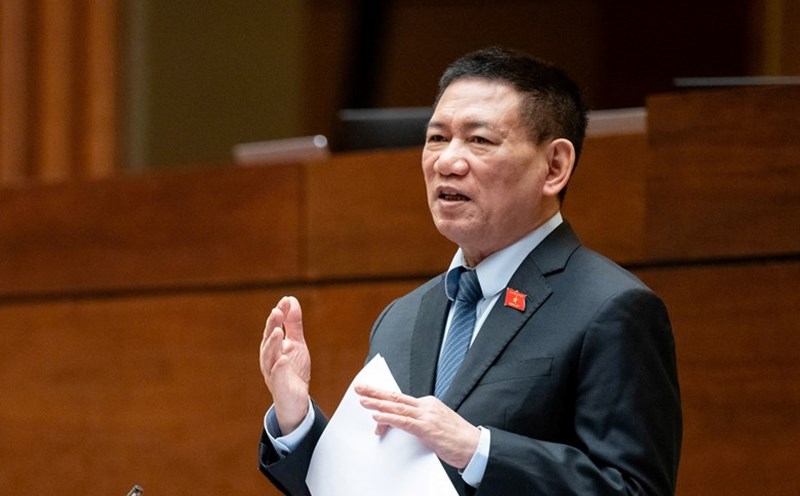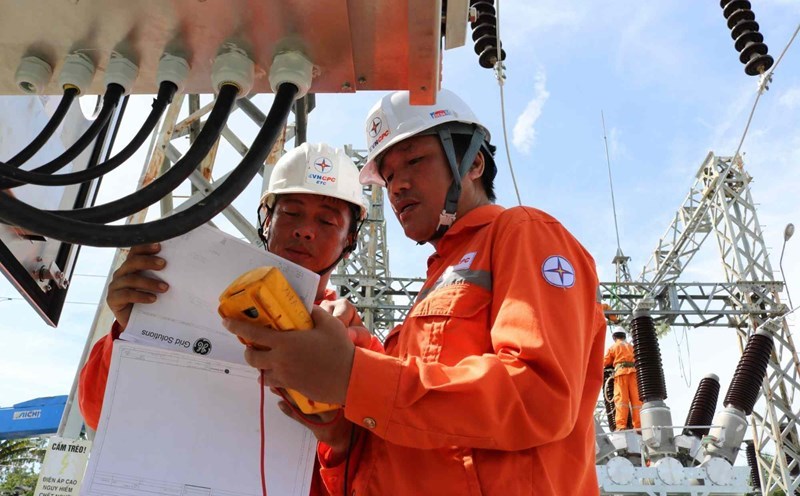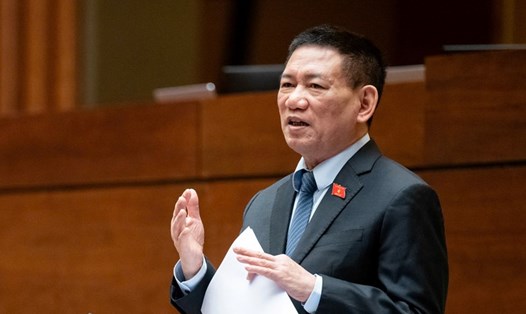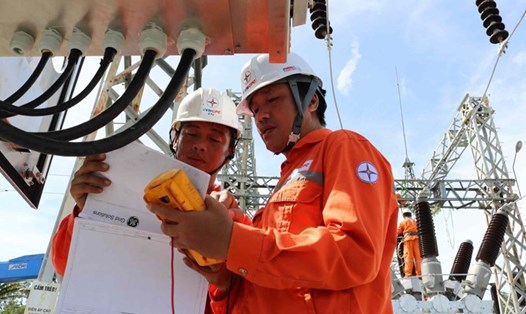On the afternoon of November 7, the National Assembly discussed in the hall the draft Law on Electricity (amended).
Regarding the issue of monopoly in the electricity industry, delegate Nguyen Duy Thanh (Ca Mau Delegation) said that in the draft, at point c, clause 2, Article 5, it is stipulated that "the state has a monopoly on operating the power grid and transmitting electricity, except for the power transmission grid invested in and built by the private sector".
Such a provision contradicts Article 5, Clause 5 on "eliminating all monopolies and unreasonable barriers, and implementing maximum socialization in investment in exploiting and using infrastructure services of the national transmission system".
"The current national power grid is about 95% invested by the state, so it cannot be socialized according to Clause 5, Article 5 of the draft law," said the delegate.
Delegates proposed to revise Point c, Clause 2, Article 5 to "The State has a monopoly on operating high-voltage and ultra-high-voltage transmission grids".
According to the delegate, there is currently a power shortage but EVN is still cutting power output from small-scale rooftop solar power projects that have signed 20-year contracts with investors. Meanwhile, EVN's increase in electricity prices is not in line with the Party and State's policy on incentives according to Decision 13/2020/QD-TTg of the Prime Minister.
Regarding the issue of decentralization, delegate Nguyen Duy Thanh proposed that the Central Government only approve the planning of power projects, and that the appraisal and approval of projects be handed over to localities to implement according to the standards and regulations of the electricity industry.
Delegate Thanh said that the draft still has many regulations that demonstrate the monopoly of the electricity industry.
While the demand for electricity is increasing, the draft tightens and controls supply as well as stipulates many licenses, which will push up electricity prices, affecting energy security.
Regarding electricity export, delegate Nguyen Duy Thanh said that the draft stipulates that the electricity export price is set by the power company. The regulation as drafted is not suitable because the investment is by the enterprise, so the electricity selling price must be decided by the enterprise after fulfilling its obligation to pay the state budget.
"In Ca Mau, many large enterprises have registered to invest in wind power for export. Partners from Singapore are raising the issue of buying and selling electricity, pulling the power grid from Ca Mau - Singapore without going through the national grid" - delegate Nguyen Duy Thanh said and suggested that the money invested by enterprises should be allowed to negotiate the selling price with foreign partners without involving EVN.
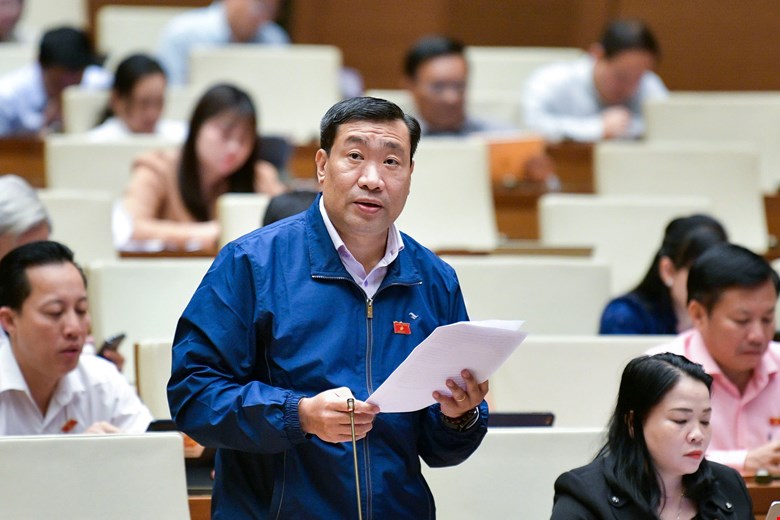
Giving his opinion on the discussion, National Assembly delegate Thach Phuoc Binh (Tra Vinh delegation) said that the draft law needs to supplement and clarify regulations on electricity price mechanisms, especially prices for different types of energy and for each region.
Delegates proposed building a flexible electricity pricing mechanism based on factors such as peak and off-peak hours, geographical conditions and energy supply.
This will encourage efficient and economical use of electricity during off-peak hours, ensuring consumers' rights to access information on prices and the electricity price adjustment process.
Electricity price adjustments should be public, transparent and subject to supervision by state management agencies.
It is necessary to supplement specific regulations on the steps to open the electricity market, including the wholesale market and the competitive retail electricity market, and regulations on the responsibilities of management agencies in supervising and coordinating the electricity market, to ensure fairness and transparency.
Along with that, regulations are issued to control the monopoly of large corporations in the electricity industry, in order to protect the interests of consumers and investors.

